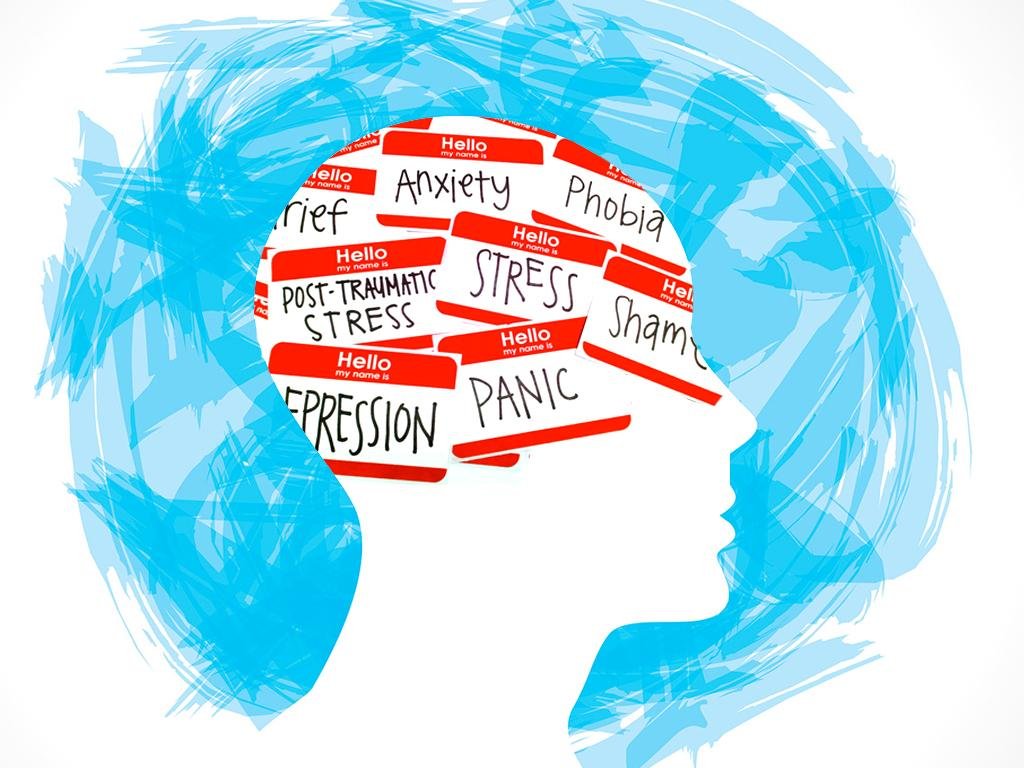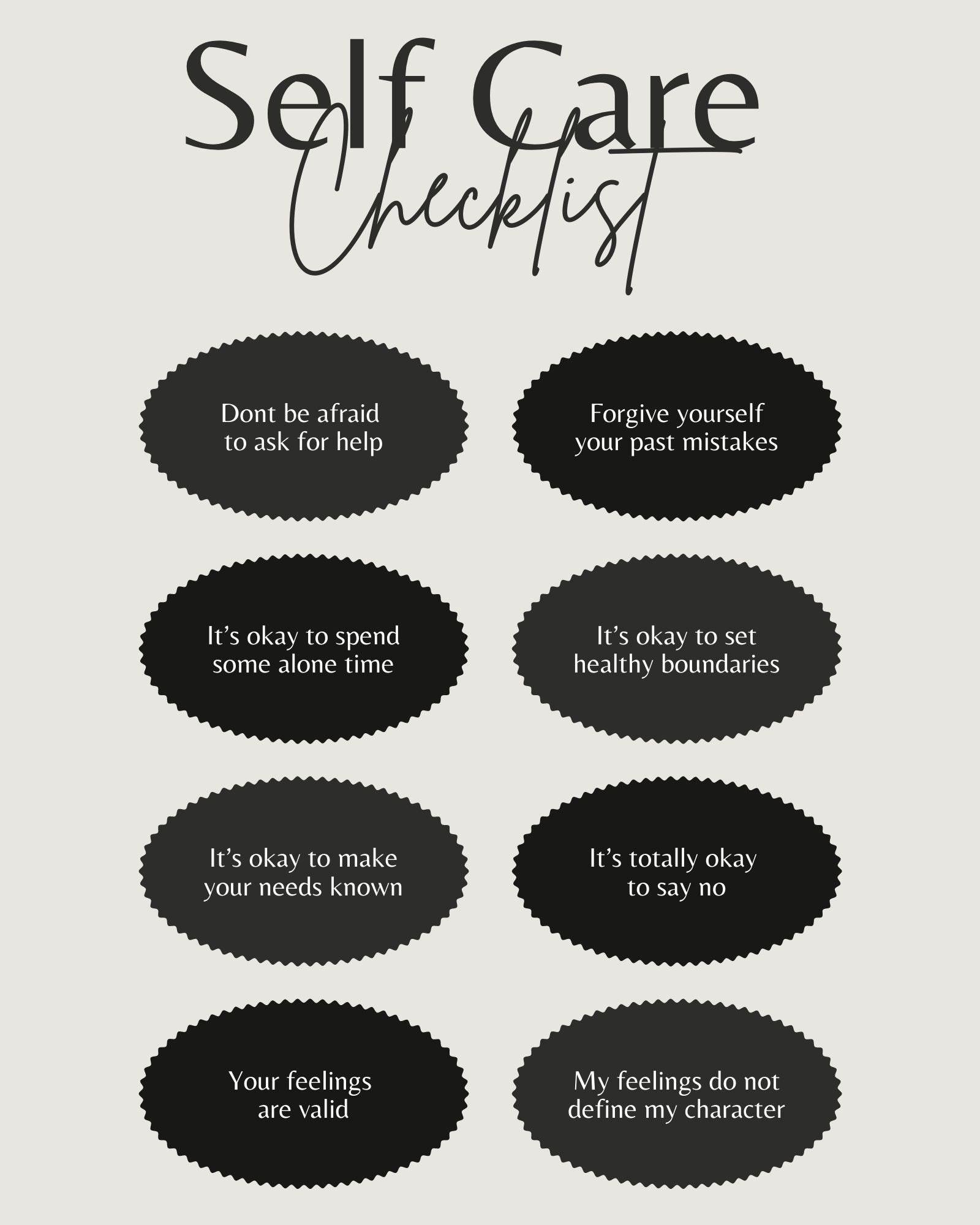“Snooze Science: Understanding Your Body’s Sleep Needs”
March 14, 2024 | by zhealtheist.com


[meta_title] Snooze Science: Understanding Your Body’s Sleep Needs [/meta_title]
[meta_description] Get an insight into snooze science and understand the importance of sleep and how it impacts your health and wellbeing.[/meta_description]
Snooze Science: Understanding Your Body’s Sleep Needs
Sleep is an essential part of our lives, yet we know so little about it. Understanding our body’s sleep needs is not just about determining how long we should sleep; it’s about the quality of sleep, the sleep stages, how it impacts our health, and how to improve it. In this exploration of snooze science, we delve into these issues, providing readers with comprehensive, well-researched insights into the complex world of sleep.
The Science of Sleep: Why We Need It
Sleep goes beyond just restoring our energy levels for the next day’s challenges. It plays a fundamental role in various body functions that contribute to our overall health.
– Brain Function: While we sleep, our brain sorts and stores information from the day. This helps improve memory and aids cognitive functions.
– Physical Health: Sleep is crucial for cell repair, growth, and recovery from daily physical strain. Besides, proper sleep helps regulate hormones responsible for growth, stress, and appetite.
– Mental Health: A good night’s sleep improves mood and reduces the risk of developing mental disorders.
– Immune Function: During sleep, your body produces immune cells to fight off infections and diseases effectively.
How Much Sleep Do I Need?
The amount of sleep needed varies from person to person, depending on age, lifestyle, and health. However, guidance from the National Sleep Foundation provides some standard recommendations:
| Age Group | Recommended Sleep Hours |
| Newborns (0-3 months) | 14-17 hours |
| Infants (4-11 months) | 12-15 hours |
| Toddlers (1-2 years) | 11-14 hours |
| Preschoolers (3-5 years) | 10-13 hours |
| School-aged Children (6-13 years) | 9-11 hours |
| Teenagers (14-17 years) | 8-10 hours |
| Adults (18-64 years) | 7-9 hours |
| Older adults (65+ years) | 7-8 hours |
Improving Sleep Quality: Practical Tips
Good sleep doesn’t just mean long sleep. One must also focus on the quality of sleep. Here are some practical tips to improve sleep quality:
– Maintain a Regular Sleep Schedule: Create a routine where you go to bed and wake up at the same time every day.
– Avoid Screens Before Bed: The light from electronic devices can interfere with your circadian rhythm, making it harder to fall asleep.
– Create a Sleep-Friendly Environment: Keep your bedroom dark, cool, and quiet to aid better sleep.
– Consider Diet and Exercise: Regular exercise and a balanced diet can lead to better sleep.
The Effects of Sleep Deprivation
Chronic sleep deprivation can have severe effects, leading to physical ailments like obesity, heart disease, and diabetes. It can also impact mental health, causing conditions like depression and anxiety.
Conclusion
There is no doubt that sleep is a vital determinant of health and well-being. Understanding your body’s sleep needs is the first step towards achieving better sleep and, ultimately, a healthier life. By nurturing good sleep habits and creating an optimal sleep environment, reaching your wellness goals can be as simple as saying goodnight!
Sleep needs vary from one individual to another. However, no matter your lifestyle or age, our universal need for sleep binds us all. So, take the time to understand your sleep needs and invest in your good health by sleeping well. Happy snoozing!
Sitemap:
1. Introduction
2. The Science of Sleep: Why We Need It
3. How Much Sleep Do I Need?
4. Improving Sleep Quality: Practical Tips
5. The Effects of Sleep Deprivation
6. Conclusion
RELATED POSTS
View all



